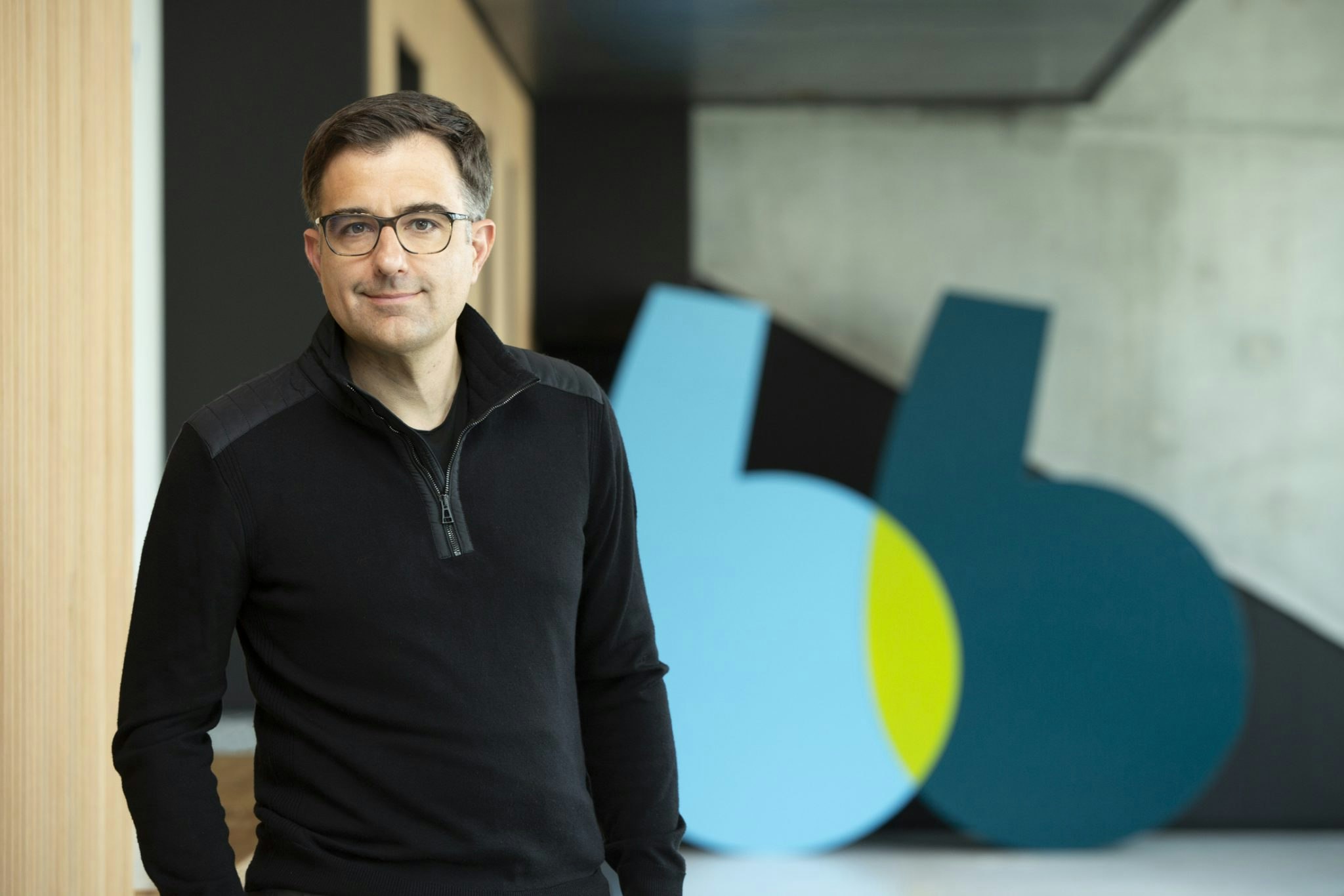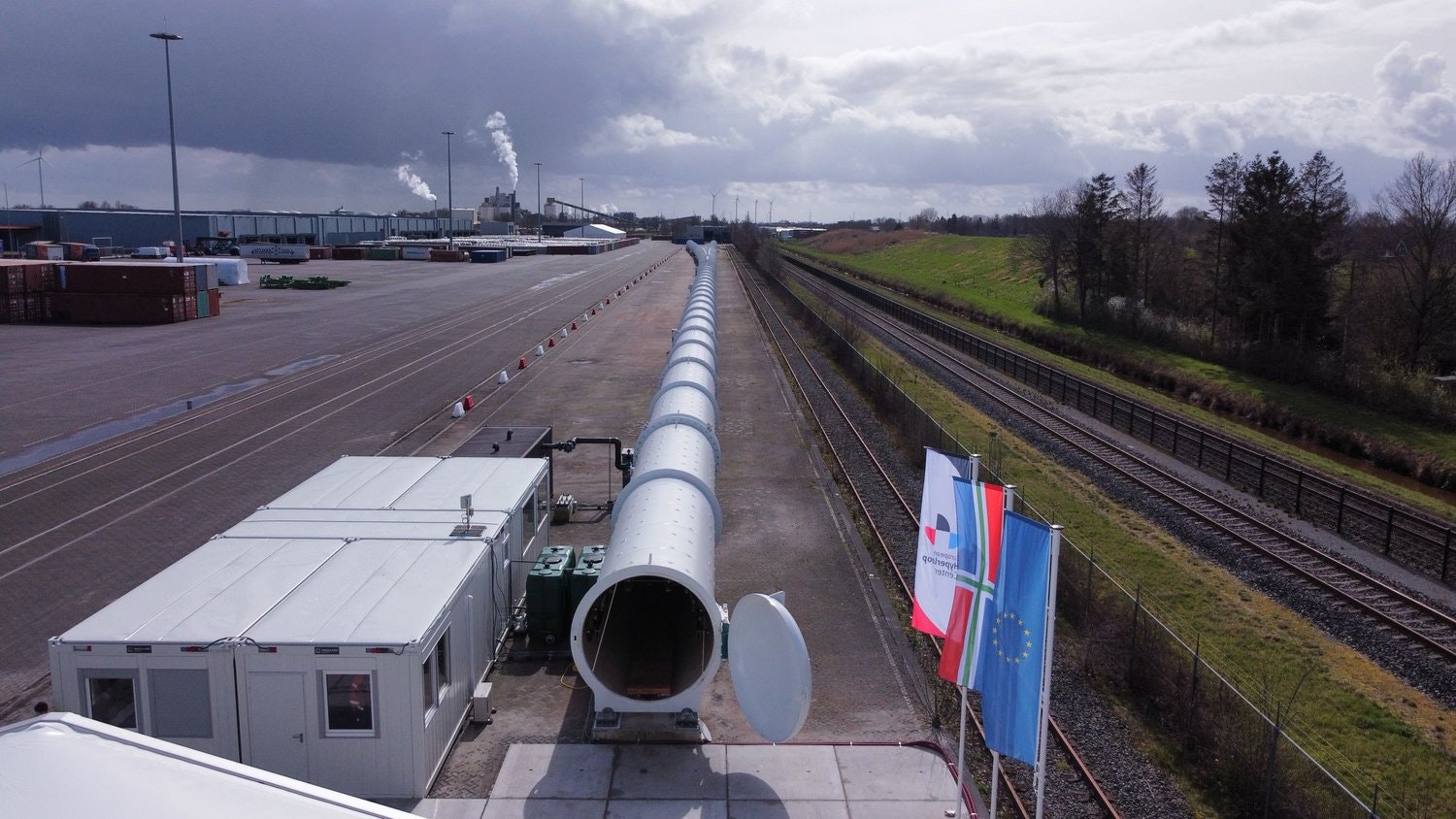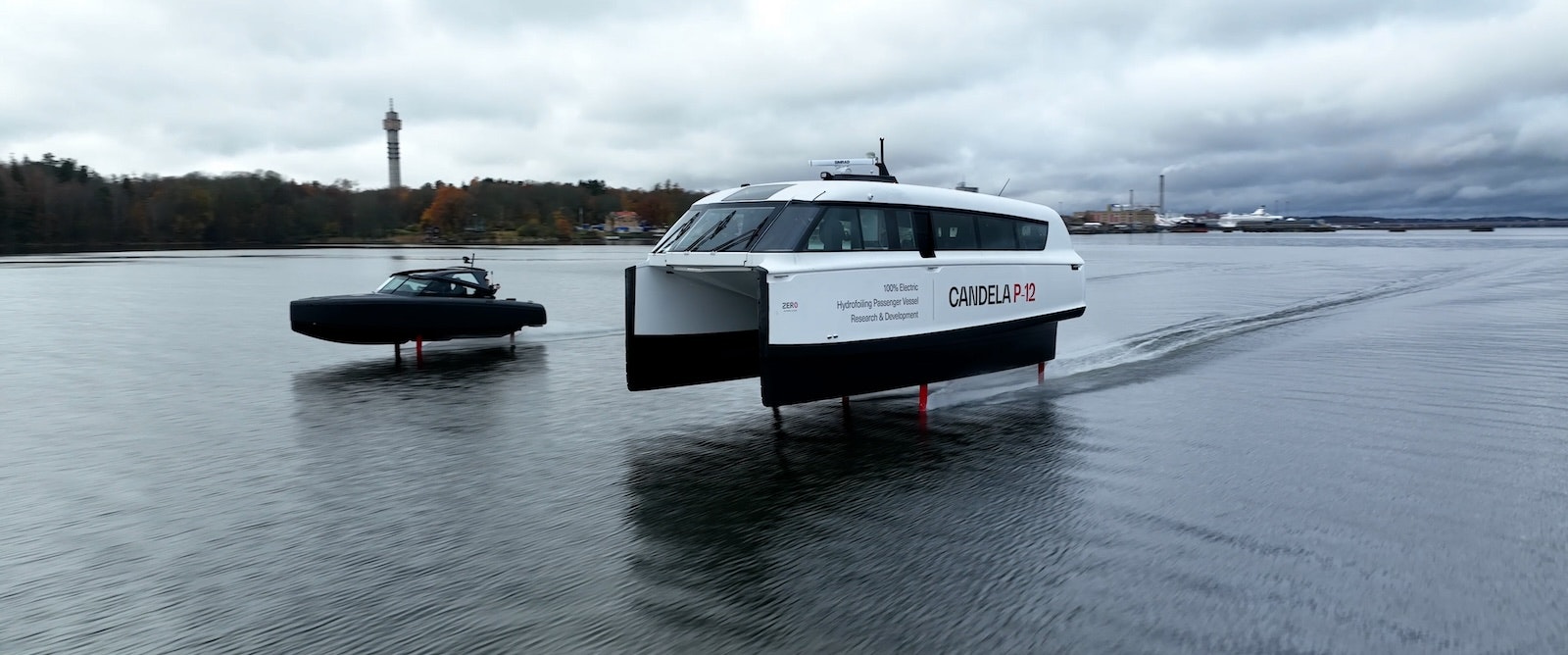Koko was one of the first Spanish e-scooter startups to launch and was, for a time at least, the market leader.
But the scooter business is a tough one. Shortly after launching in autumn 2018 the number of competitors in Spain grew from zero to more than 25, mimicking a wider frenzy of activity across Europe.
Venezuelan entrepreneur Oriana Circelli, Koko’s cofounder, says competition in the market was just “brutal”.
Just 11 months after launching German rival Circ, formerly Flash, bought Koko in the summer of 2019.
Circelli talks to Sifted about the breakneck journey of a company in the fast-growing and ultra-competitive scooter market.
“The kick scooter-sharing market is so crazy that what normally takes five to seven years [for a normal exit in Spain] took us 11 months,” she says.
Why Koko?
I met my cofounders (Javier Coronel Orovio and Teo Ortega) at an event organised by startup incubator Demium in April 2018. We decided that we wanted to create something impactful together. We knew that there was a scooter market in the US but it had not yet arrived in Europe, so we thought that there was a clear business opportunity. We created the company in May and four months later — in September — launched in Zaragoza.
Why Zaragoza?
One of our first principles was to build strong relationships with municipalities, and Koko was incredibly well received by the city council. The size of the city and the very good bike infrastructure was ideal for our first pilot. Also, it’s said that, if something works in Zaragoza, it will work in the rest of Spain, as it reflects the idiosyncrasies of the country.
About the same time you launched in Zaragoza a few competitors arrived in Spain.
In a few months, the market grew from zero to more than 25 companies competing to get a licence in cities like Madrid. The acceleration of the industry is brutal. Not surprisingly, Spain was one of the first countries to regulate the sector, with cities limiting the number of companies allowed to operate [or completely stopping their entrance, as in the case of Barcelona]. Luckily, Koko won the largest number of licences in the Spanish market.
What were the main challenges Koko faced?
With the city councils, the challenge was to figure out where a new vehicle was going to circulate and how to cohabitate with other vehicles. With users, teaching them how the hardware and the app work. However, the biggest challenge was securing funds. This was critical. Firstly, because density of scooters is key in this business: users won’t use the scooter if it’s 500 or more meters away; secondly, because the increasing number of users requires scalability; and thirdly, because the high number of competitors [even sprinter Usain Bolt is joining the party] forces constant product improvement. The scooters on the streets now are very different from six months ago. We realised that we needed to make a big investment in order to be competitive in this capital and technology-intensive business and that’s why we decided to join Circ [then operating under the name Flash].
Who took the first step?
Flash reached out to us the first day we launched in Zaragoza, as they were about to launch in Berlin. At some point, we decided to join forces. We were strong in Spain, and they had gained strength in other parts of Europe; they had much more funding and growth opportunities and we had a very talented team with local knowledge. We were working together for a while and then all of the founders and some employees decided to explore new paths [Circelli is now chief operating officer of Spanish startup Bag on Board]. It was brief but intense. The kick scooter-sharing market is so crazy that what normally takes five to seven years [for a normal exit in Spain] took us 11 months.
Scooters have been shown to be a solution to the last-mile problem but they don’t necessarily reduce the environmental impact of the transportation system. They are also replacing walking more than private cars.
There is plenty of heated discussion about this. Reluctance to change is human. It’s also said that scooters are dangerous but bikes cause many more accidents and no one talks about it. We know that scooters are not the solution to mobility. They are part of an ecosystem of micromobility alternatives that, combined, can make transport more efficient and actually change people’s behaviour. We also know that the current hardware is not ideal, but neither were the first cars. Technology is evolving, improving robustness, batteries, lifetime… I also think that scooters will replace more cars when cities are more adapted to them. Then the feeling of insecurity from driving on the road with cars won’t be an entry barrier. We also need legislation that supports this mobility model, and more awareness to help prevent vandalism.
How do you envision the future of the sector?
I think that it’s not only going to grow in the short and in the long-term, but also to a larger scale than we might think. Scooter companies will become multimodal services. Those babies now will be the giants of the future. The automotive industry knows it and it is entering the market [Mercedes-Benz is the most recent one to join].
Let’s conclude with your advice for other entrepreneurs.
Don’t take anything for granted. Be prepared to pivot. Change is easier to say than to execute. Enjoy every small victory and expect bad news. Timing is key.


